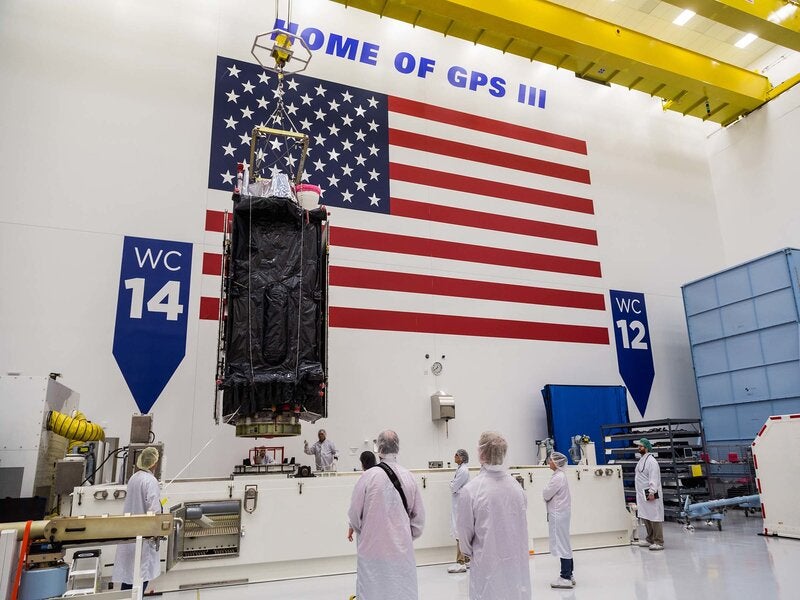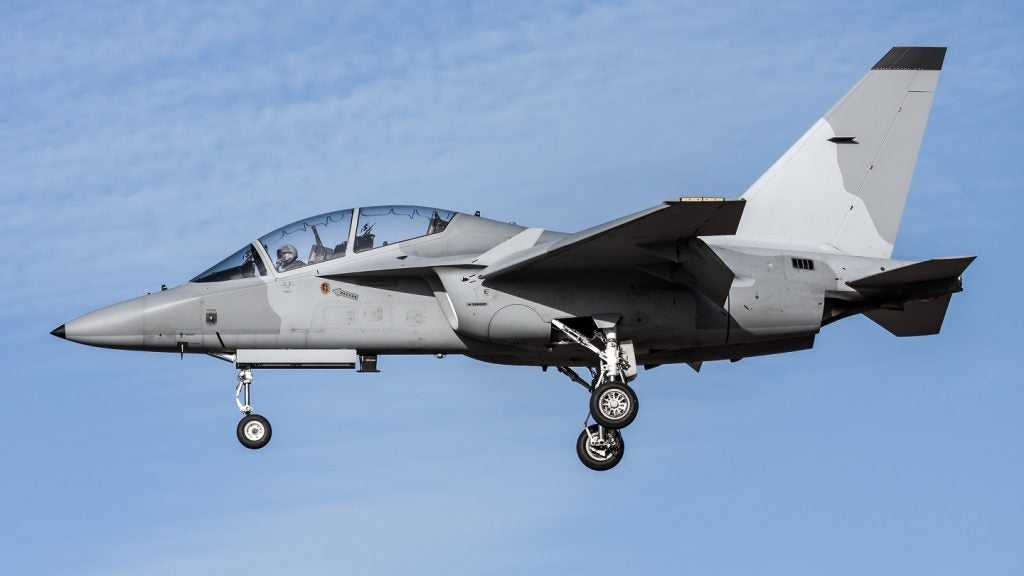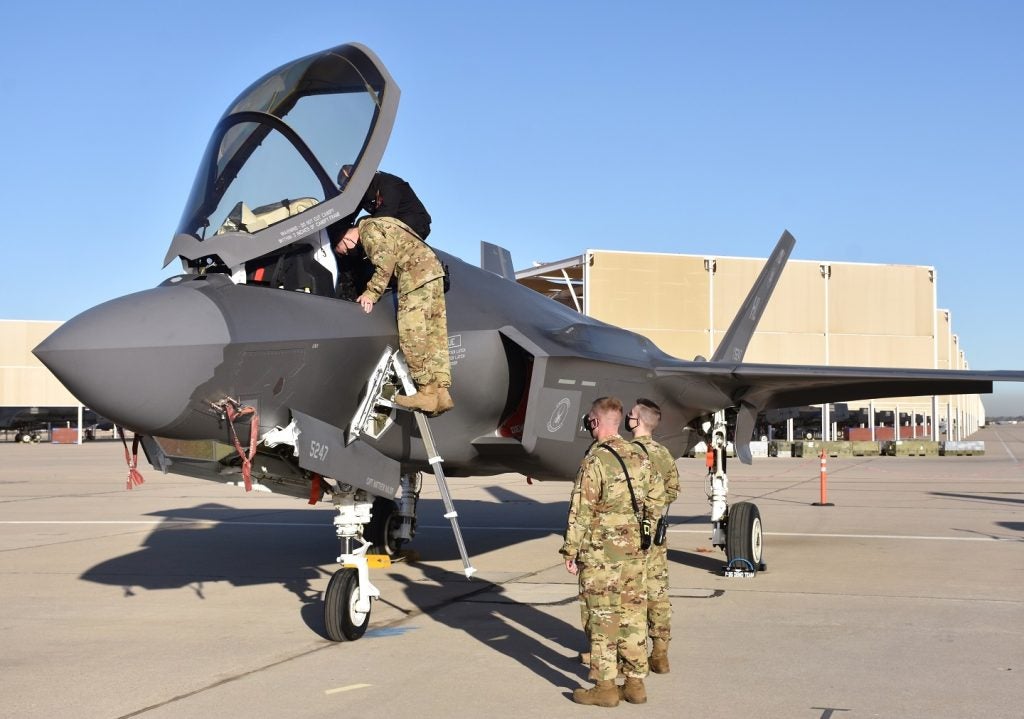
Lockheed Martin has announced that final steps are currently underway to operationalise the ultra-secure, jam-resistant Military Code (M-Code) signal on the Global Positioning System (GPS).
The company, along with the US Space Force (USSF) continues to upgrade operations control segment (OCS) to modernise existing GPS satellite.
As part of a contract, Lockheed Martin is set to deliver up to 32 GPS III / GPS III Follow On satellites for the modernisation of the GPS constellation with new technology and advanced capabilities.
The USSF recently announced Operational Acceptance of the Lockheed Martin–developed GPS contingency operations (COps) upgrade.
The GPS constellation, controlled by Cops, includes 21 M-Code capable GPS satellites, including Lockheed Martin’s first two GPS III satellites, until the delivery of next-generation OCX ground control system.
M-Code Early Use (MCEU) upgrade of the Space Force, delivered earlier this year, enables the OCS to task, upload and monitor M-Code within the GPS constellation.
How well do you really know your competitors?
Access the most comprehensive Company Profiles on the market, powered by GlobalData. Save hours of research. Gain competitive edge.

Thank you!
Your download email will arrive shortly
Not ready to buy yet? Download a free sample
We are confident about the unique quality of our Company Profiles. However, we want you to make the most beneficial decision for your business, so we offer a free sample that you can download by submitting the below form
By GlobalDataPrior to the completion of the next-generation ground control systems, it also extends support while testing and fielding modernised user equipment.
Installation of the components to command and monitor the M-Code encrypted GPS signal will commence this year.
This M-Code encrypted GPS signal will improve anti-jamming and protection from spoofing and increases secure access into the GPS OCS.
Currently, all the on-orbit GPS IIR-M, IIF and III space vehicles use M-Code signals.
M-Code can be enabled by a new software-defined receiver developed by Lockheed Martin. It will be installed at all six USSF monitoring sites.
In addition, another M-Code enabled satellite, GPS III Space Vehicle 02, has been used to modernise GPS satellite constellation. This increases the accuracy up to three times and improves anti-jamming capabilities up to eight times.
The third M-code enabled GPS III satellite, named Columbus is expected to launch next month.
Lockheed Martin Navigation Systems vice-president Johnathon Caldwell said: “Our warfighters depend on GPS signals every day for many critical missions, so anything we can do to make these signals more resistant to jamming and spoofing is extremely important, and available today.
“The more powerful GPS III/IIIF satellites coupled with Lockheed Martin’s upgrades to the GPS ground system are making that possible.”







